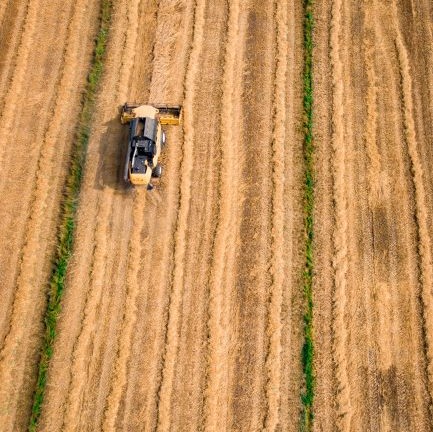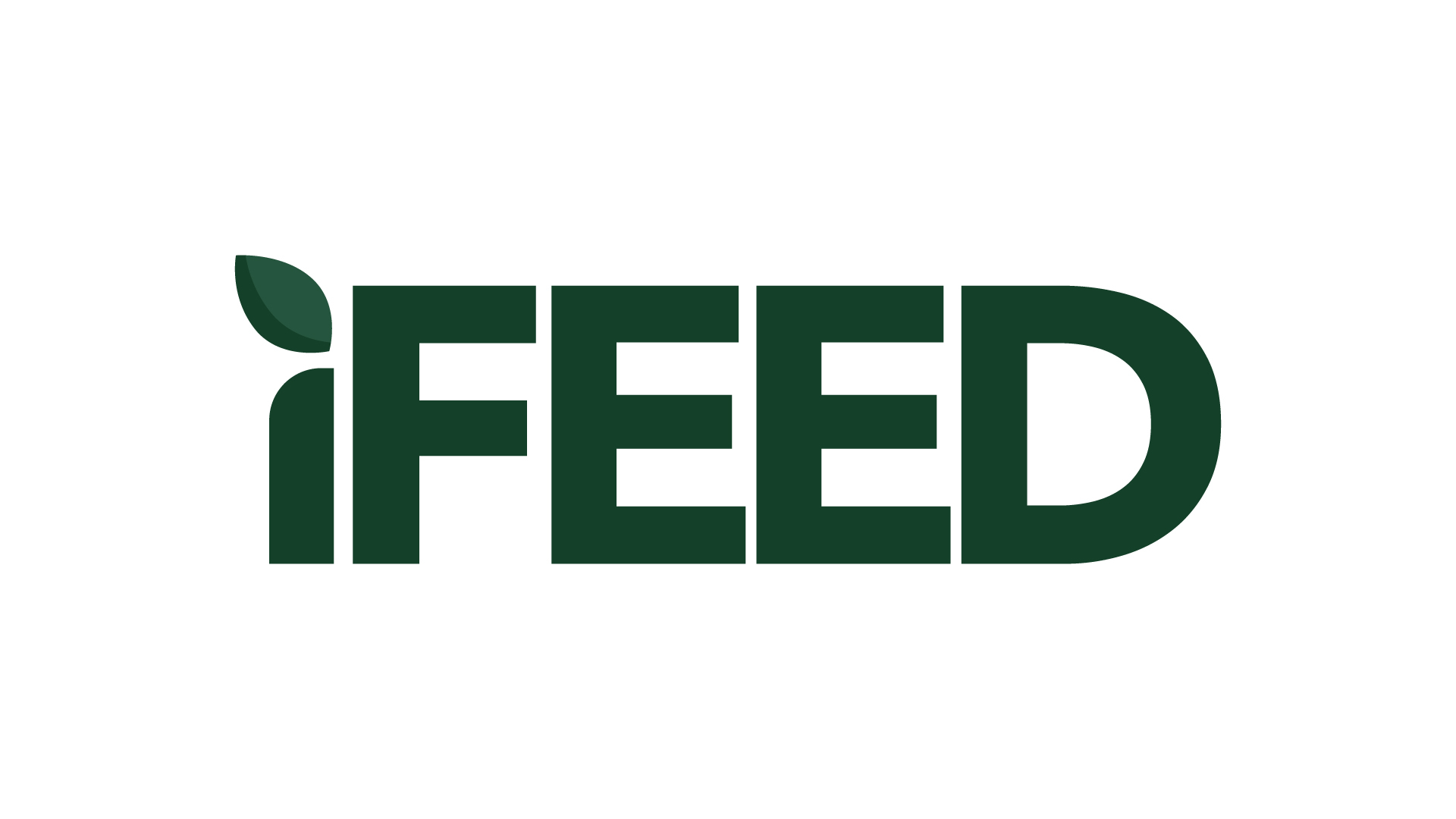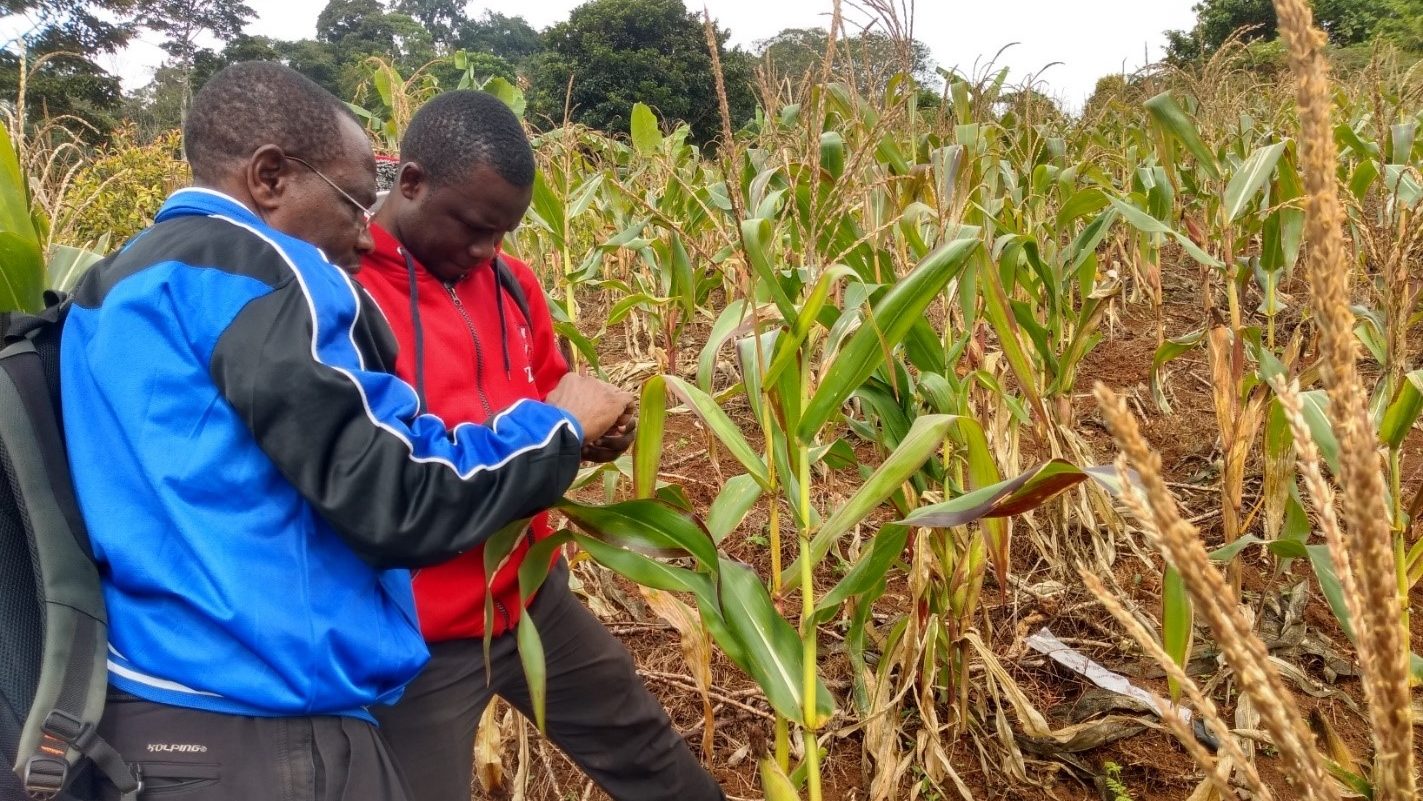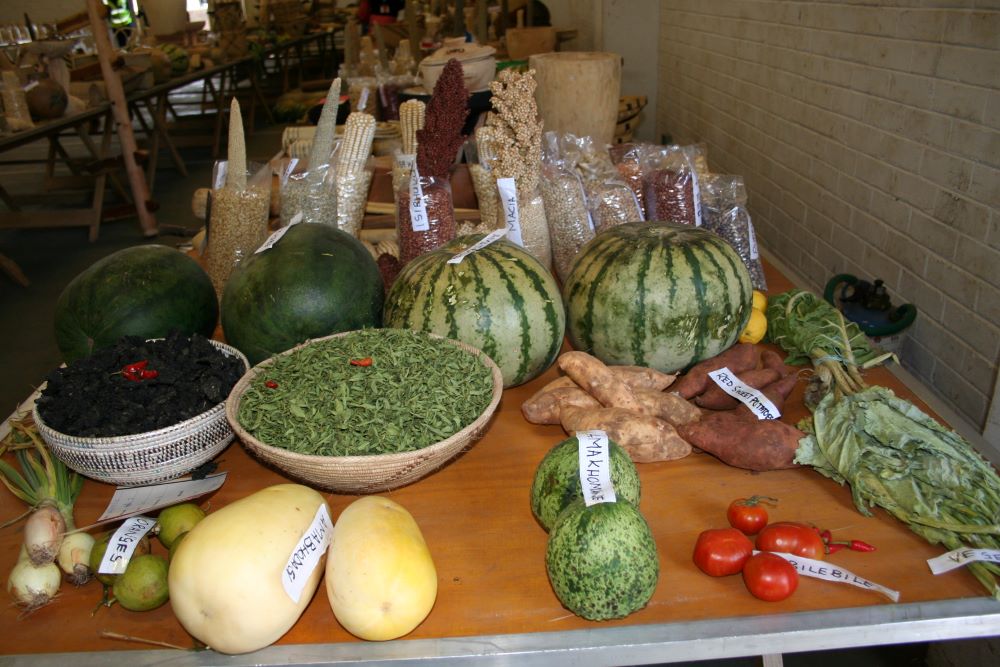This strand of AFRICAP work engages with networks of local, national, regional and international organisations with a stake in sustainable agriculture and food production in East and Southern Africa. Through these networks, we share evidence developed in our research and modelling with policy- and decision-makers so they can apply this in their work to enable climate-smart and sustainable agricultural development.
This work takes place through two key channels:
Engaging in key agri-food policy processes in sub-Saharan Africa
In late 2018, GCRF-AFRICAP team members held participatory scenarios workshops with key stakeholders in Malawi, South Africa, Tanzania and Zambia. The aim of these visioning exercises was to determine agriculture’s role in development based on two key drivers of change identified in each country. This formed quadrants of possible futures indicating the long-term consequences of today’s policy decisions. Attendees of the workshops commented on how this allowed them to think differently by focusing on the future and how to base policy decisions around such a future, rather than analysing the past as is usually the focus of such initiatives.
Following these workshops and consultations with in-country partners and other stakeholders, since 2019 we have been engaging most heavily with the following ongoing policy development processes in our focal countries:
Malawi
- Implementation of the National Resilience Strategy at the district level
- Development of Vision 2063 led by the National Planning Commission
South Africa
- Design of the Agriculture and Agro-processing Masterplan
Tanzania
- Engaging with the Tanzania Climate Smart Agriculture Alliance with a view to developing a district-level learning alliance
- Agriculture Sector Development Programme (Phase 2) and Agriculture Climate Resilience Plan
Zambia
- Leading an oil seed study to feed into a National Diversification Strategy
- Feeding into the update of the National Agriculture Investment Plan
This engagement takes place through dedicated workshops; policy-focused outputs produced by our researchers and links to the iFEED stakeholder engagement activities.
Providing input to other national and regional policy processes
AFRICAP team members also regularly have opportunities to contribute evidence and insights to agricultural and food systems bills, policies and strategies at national and regional levels.
This has included providing a meta-analysis of our scenarios work to feed into a Southern African Development Community (SADC) programme identifying regional indicators of vulnerability and climate hazards. Lead partner FANRPAN also co-chairs the SADC Thematic Group on Climate Change and Disaster Risk Reduction, allowing AFRICAP evidence to feed in directly to this strategic regional review.
Theme Lead – Professor Claire Quinn, University of Leeds
Spotlight
New video: iFEED Champions & Researchers on why it’s valuable and timely
The integrated Future Estimator for Emissions and Diets (iFEED) is a key output of the AFRICAP programme. It provides integrated evidence to shape policies towards climate smart nutrition security in Malawi, South Africa, Tanzania and Zambia. As well as looking at future food production, iFEED includes modelling of emissions, climate extremes and trade and nutrition…
Continue Reading New video: iFEED Champions & Researchers on why it’s valuable and timely
Infographic: Informing a climate-smart, food- and nutrition-secure future for Africa
Climate change will put millions of more people in Africa at risk of food and nutrition insecurity by 2050. Holistic policies on agriculture, nutrition and trade are urgently needed, but making the right decisions today to support sustainable, climate-resilient food systems decades into the future is a complex task. The iFEED tool is an online…
Key Messages of AFRICAP at #COP26
At AFRICAP, our aim is to make agriculture and food production in sub-Saharan Africa more productive, sustainable and resilient to climate change. We are working on creating an evidence base to underpin new country-specific policies in agriculture and food production. These policies will be piloted and evaluated in large-scale test sites to enable fast implementation…
Webinar recap | UN Food Systems Summit Pre-event Session on Equity & Justice in Food Systems
The Food Systems Summit is calling for transformation in the way the world produces, consumes and thinks about food. However, there is a risk that transformation discourse pays insufficient attention to social differentiation, politics and power. Held on the 26th July, the UN Food Systems Summit Pre-event Session on Equity & Justice in Food Systems…




